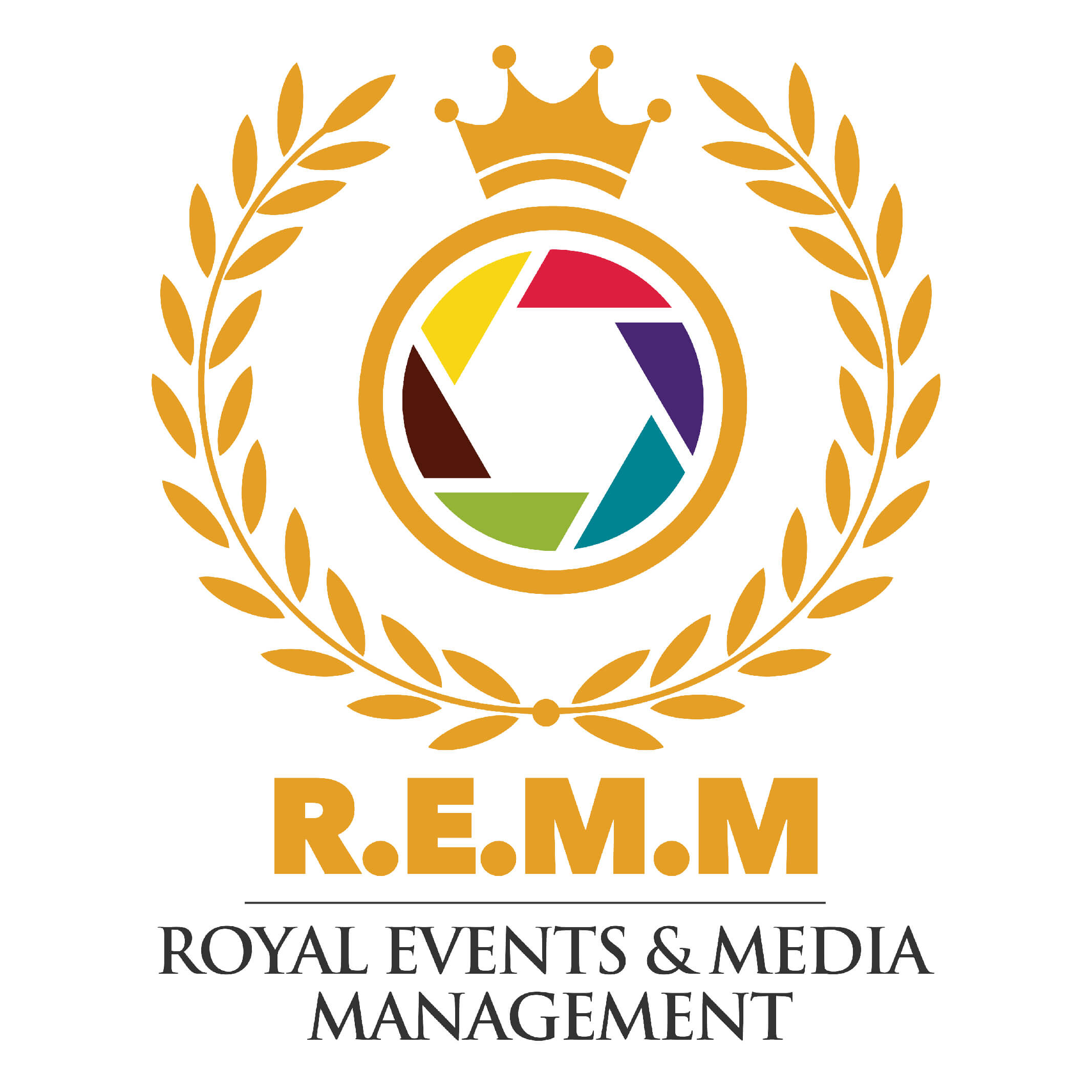Corporate events play a crucial role in enhancing employee engagement, fostering client relationships, and promoting the brand image of a company. However, planning and executing successful corporate functions require careful strategizing and attention to detail.
In this blog post, we’ll explore effective strategies for event planning that can help ensure the success of your next corporate function, whether it’s a conference, seminar, or team-building activity.
1. Define Objectives and Budget:
Before diving into the planning process, it’s essential to clearly define the objectives of the event. Whether it’s to launch a new product, celebrate a milestone, or provide professional development opportunities, understanding the purpose will guide all subsequent decisions. Additionally, establishing a realistic budget early on will help prevent overspending and ensure that resources are allocated appropriately.
2. Choose the Right Venue:
The choice of venue can significantly impact the success of a corporate event. Consider factors such as location, capacity, amenities, and ambiance. Whether you opt for a traditional conference center, a trendy urban loft, or a scenic outdoor space, ensure that the venue aligns with the theme and objectives of the event. Don’t forget to negotiate favorable terms and secure necessary permits or licenses.
3. Create Engaging Content and Programming:
Captivating content and engaging programming are essential for keeping attendees interested and invested in the event. Consider incorporating a mix of keynote speakers, panel discussions, workshops, and interactive activities tailored to the interests and preferences of your target audience. Leverage technology such as event apps or live polling to enhance attendee participation and interaction.
4. Pay Attention to Logistics:
Attention to detail is key when it comes to managing logistics for corporate events. From transportation and accommodations for out-of-town guests to catering, audiovisual equipment, and signage, every aspect should be carefully coordinated to ensure a seamless experience for attendees. Consider hiring experienced event staff or partnering with reputable vendors to handle logistics effectively.
5. Promote and Market the Event:
Effective promotion and marketing are essential for driving attendance and generating excitement around your corporate event. Utilize a mix of online and offline channels, including social media, email marketing, press releases, and targeted advertising, to reach your target audience. Create compelling content, such as teaser videos, blog posts, and testimonials, to generate interest and encourage registrations.
6. Measure Success and Gather Feedback:
After the event concludes, take the time to evaluate its success against the predefined objectives. Use metrics such as attendance numbers, attendee satisfaction surveys, media coverage, and ROI to assess the effectiveness of your event planning efforts. Solicit feedback from attendees, sponsors, and stakeholders to identify areas for improvement and gather insights for future events.
Conclusion:
Successful event planning for corporate functions requires careful strategizing, meticulous attention to detail, and effective execution. By defining objectives, choosing the right venue, creating engaging content, managing logistics, promoting the event, and measuring success, you can ensure that your next corporate function is a resounding success.
Keywords: event planning, corporate functions, conferences, seminars, team-building activities, venue selection, logistics management, event promotion, attendee engagement, feedback gathering.
